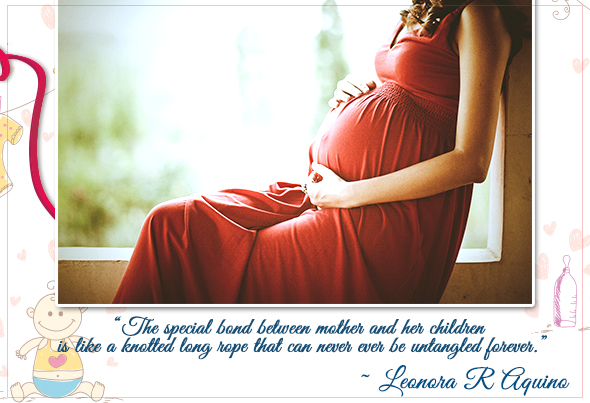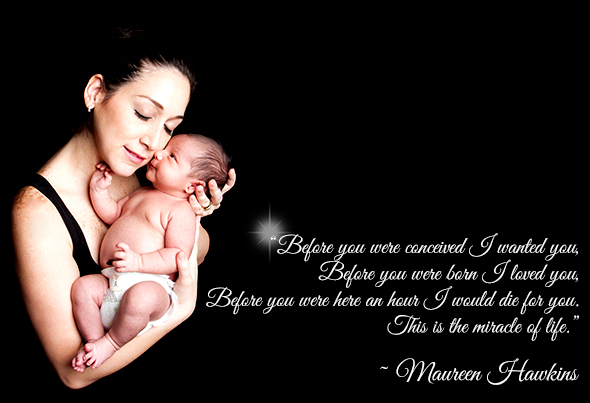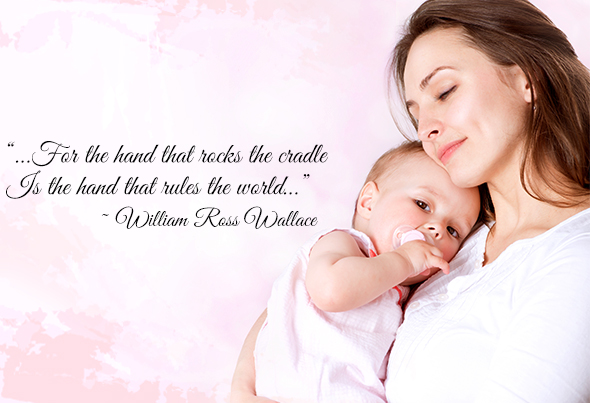Table of Contents

As early as 1871, Charles Darwin had said, “Woman seems to differ from man in her greater tenderness and less selfishness. Woman, owing to her maternal instincts, displays these qualities toward her infants in an eminent degree.” So, is the mother-child bond all about instinct? How does one then explain cases where there seems to be no bond at all or the existence of a tenuous one at best? Scientists and psychologists have been studying this enigmatic relationship for decades now. All that we can say after the huge volumes of research is that the attachment of a mother to her baby starts with the umbilical cord and not only proves to determine the course of the infant’s development in childhood, but can also impact relationships for the rest of the individual’s life.
So, if you are pregnant and basking in the glow of the fast approaching, lifelong phase of motherhood, start celebrating your bond with your baby right away. This Mother’s Day, don’t wait for the baby to be born to nurture your little one. You never know in what ways you could secure his/her future even before birth!
What Research Says about the Mother-Baby Bond

John Bowlby and Mary Ainsworth, noted psychological researchers, have put forth the Attachment Bond theory, which says that the mother-child bond is a primary force that determines infant development. This theory gained more support through brain imaging studies that proved beyond a doubt that the attachment with the mother could positively impact brain development, even in the foetal stage. In fact, the theory says that this nurturing relationship influences:
- All future relationships of the child
- Our ability to cope with difficult situations successfully
- Our ability to focus, be aware of our feelings and cope with stress
And, the love between the mother and her to-be-born baby starts from the very physical connection of the umbilical cord. This placental attachment creates a means two-way communication between mother and child, bringing more than the exchange of nutrients for the baby. It forms a means to share emotions and form prenatal attachment. It only seems justified then that more recent research has found life-saving uses for the umbilical cord. With advances in stem cell therapy, parents can now ensure both the psychological and physical health of their to-be-born by focusing on showering love with the nutrition that passes on to the baby in the placenta before birth and then opting for cord blood banking to secure the baby’s health post birth and for the rest of their lives.
It is up to you to choose what kind of person you bring into this world. This Mother’s Day, take a pledge to start nurturing this person even before birth. After all, they say:

